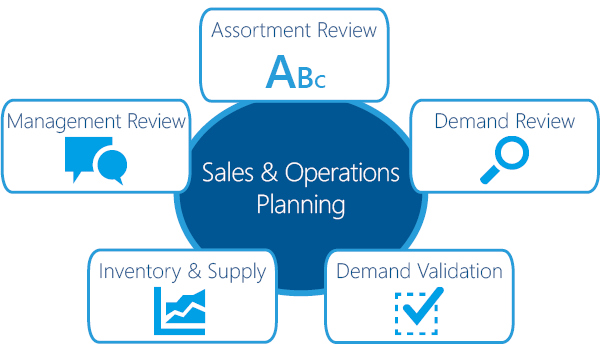Paying small business taxes can be a complex yet crucial aspect of managing a successful enterprise. Understanding your tax obligations helps ensure compliance and can prevent costly penalties. Small businesses must navigate various tax types, including income tax, self-employment tax, and payroll tax. The process involves accurate record-keeping, timely filing, and understanding applicable deductions and credits. Staying informed about changes in tax laws and regulations is essential for effective tax management. By implementing organized accounting practices and seeking professional advice when necessary, small business owners can simplify the tax payment process and focus on growing their business.

Understanding Small Business Tax Obligations
Understanding tax obligations is critical for small business success and compliance. Small businesses must address several tax categories, including income tax, which is based on the company’s profits, and self-employment tax, which covers Social Security and Medicare for sole proprietors and partners. Payroll tax involves withholding Social Security, Medicare, and unemployment taxes from employee wages. Additionally, businesses may be responsible for sales tax and excise tax depending on their industry and location. Effective tax management requires meticulous record-keeping and adherence to filing deadlines. Staying updated on tax law changes and leveraging available deductions and credits can reduce tax liability. To simplify the process, small business owners should consider consulting tax professionals and using accounting software. These practices help ensure compliance and allow business owners to focus on their core operations.
Types of Taxes Small Businesses Pay
- Income Tax: Calculated on the business’s net profit and paid annually.
- Self-Employment Tax: Required for sole proprietors and partners, covering Social Security and Medicare contributions.
- Payroll Tax: Withheld from employees’ wages to cover Social Security, Medicare, and unemployment insurance.
- Sales Tax: Collected from customers on taxable goods and services, then remitted to the state.
- Excise Tax: Applies to specific industries, such as those involved with alcohol, tobacco, or fuel.
To ensure compliance, small businesses should:
- Maintain accurate records.
- Make timely tax payments.
- Stay informed about tax regulations.
- Seek advice from tax professionals.
- Utilize accounting software for effective tax management.
Record-Keeping and Documentation
Effective record-keeping and documentation are crucial for managing a small business’s finances and ensuring tax compliance. To maintain accuracy and meet obligations, businesses should systematically track all financial transactions, including income, expenses, and receipts. Proper documentation requires organized records of invoices, bank statements, payroll, and tax returns. This not only facilitates accurate tax reporting but also helps identify potential deductions and credits. Regularly updating financial records and reconciling accounts can prevent errors and streamline the preparation of financial statements. Comprehensive documentation is essential for audits or legal inquiries. Utilizing accounting software can simplify record-keeping by automating tasks and ensuring data accuracy. By maintaining diligent records and documentation, businesses can manage finances more effectively and comply with regulatory requirements.
Common Deductions for Small Businesses
Small businesses can lower their taxable income by taking advantage of various deductions. Key deductions include:
- Office Supplies and Equipment: Expenses for essential office supplies, computers, and furniture.
- Rent and Utilities: Costs for leasing office space and paying utilities like electricity and water.
- Salaries and Wages: Payments for employee compensation, including salaries, wages, and bonuses.
- Professional Services: Fees for services from legal, accounting, or consulting professionals.
- Travel Expenses: Costs incurred for business travel, such as transportation, lodging, and meals.
- Marketing and Advertising: Expenditures on promotional activities, including advertising campaigns and marketing materials.
- Insurance: Premiums for various business insurance policies, including liability and property coverage.
When and How to Make Estimated Payments?
Making estimated tax payments is essential for small business owners to avoid penalties and manage cash flow effectively. These payments are generally required on a quarterly basis, with deadlines on April 15, June 15, September 15, and January 15 of the following year. They cover anticipated income and self-employment taxes based on projected annual earnings.
To determine the amount of each payment, use the previous year’s tax liability or estimate the current year’s tax. Individuals, including sole proprietors, should use Form 1040-ES to report and pay these amounts. Partnerships and corporations must use Forms 1065 or 1120-W, respectively.
Requirements for Employee Withholdings

Hello, I am Tanisha Kriplani, graduated in computer science from Delhi University. I am passionate about web content writing and have a strong interest in Data Analytics and Data Engineering.












